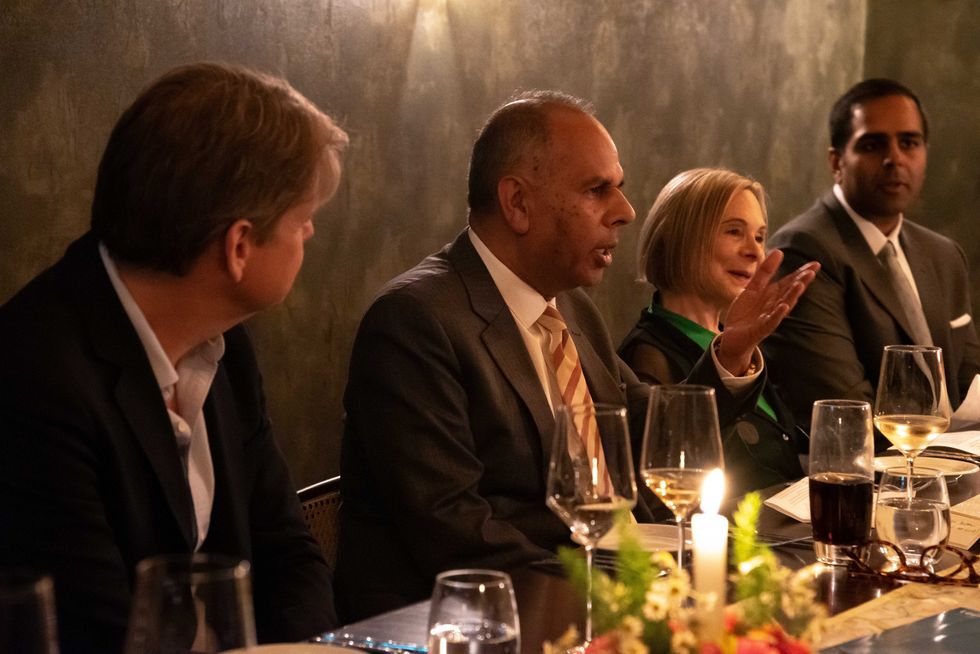A MAN has appeared in court for the second time in one day, charged with the murders of a woman and her two daughters in a crossbow attack at their home in Bushey, Hertfordshire.
The victims, Carol Hunt, 61, and her daughters Hannah Hunt, 28, and Louise Hunt, 25, were found fatally injured on 9 July.
Kyle Clifford, 26, from Enfield, north London, was arrested the next day after being found injured in a cemetery near his home, reported AFP.
During a hearing at Westminster Magistrates' Court, it was revealed that Clifford is also facing charges of false imprisonment and two counts of possession of offensive weapons.
He was remanded in custody and later appeared before the Royal Courts of Justice in London, BBC reported.
The Hunt family, known through BBC racing commentator John Hunt, had been targeted in their Bushey home.
According to BBC, the court was told that Clifford allegedly used an MX-405 compact crossbow and a 10-inch butcher’s knife. The police were alerted by Hannah Hunt, as prosecutor David Burns stated: "Police attended the property – they found the front door was open," Burns told the court.
Inside, officers found Louise Hunt tied up, having been shot with a crossbow. Her sister Hannah was discovered lying in the doorway, also shot in the chest with a crossbow, AFP reported. Their mother, Carol, had suffered multiple injuries, including stab wounds inflicted with a knife.
Clifford, who had been receiving treatment in hospital since his arrest, had not been interviewed by police initially. During his video link appearance from Kempston police station in Bedfordshire at Westminster Magistrates' Court, Clifford nodded when asked to confirm his name and address.
Later, Clifford again appeared via video link in front of High Court judge Mr Justice Johnson. The court is currently assessing a suitable venue for the trial, as Clifford is a wheelchair user. No trial date has been set yet, according to AFP.
In a statement released through BBC, John Hunt and his surviving daughter Amy expressed their devastation, stating that it “cannot be put into words.” A fundraiser set up in their support has raised over £120,000 in donations.
Detective chief inspector Nick Gardner of the Bedfordshire, Cambridgeshire, and Hertfordshire Major Crime Unit said, "We have been working hard to gather as much evidence as possible and establish the full circumstances of what happened that day. Although it has taken some time to reach this stage, we can now move forward with the judicial process and seek justice for their family."



















 The event was hosted by Kalpesh Solanki, Group Managing Editor of Asian Media Group and President of the 100 Club.
The event was hosted by Kalpesh Solanki, Group Managing Editor of Asian Media Group and President of the 100 Club.